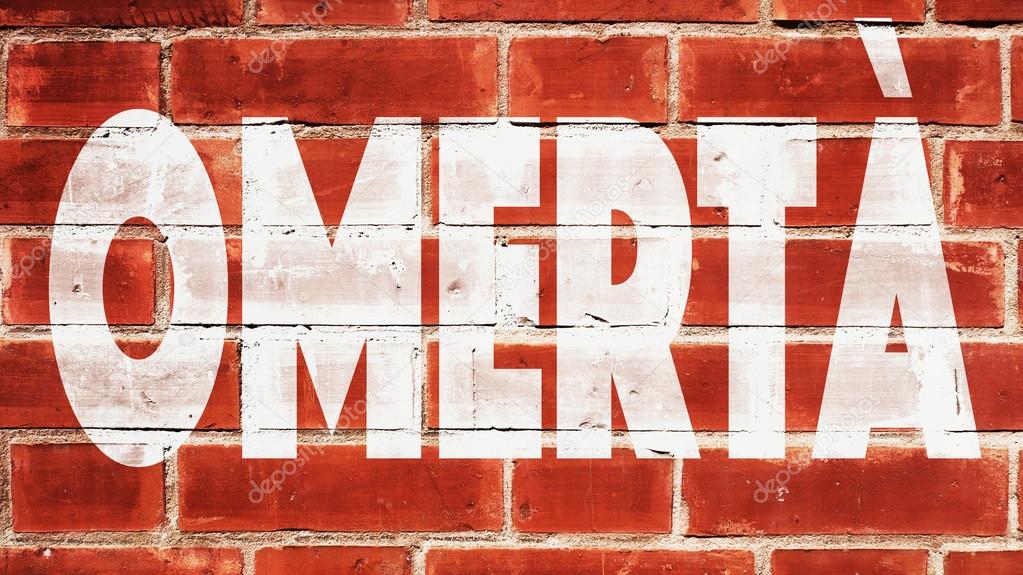
JOSEPH KENNEDY CALLED UP HIS FRIEND THE ARCHBISHOP OF BOSTON
It was Robert Kennedy who asked Cardinal Cushing to suppress Fr.Leonard Feeney according to the memoirs of the late Sen. Edward Kennedy who was present when his father Joseph Kennedy called up his friend,the Archbishop of Boston.
Yes, it looks like all four played historic roles in the shaping of Christian theology. Reading Teddy Kennedy’s memoir, True Compass, just published today and already No. 2 on Amazon, I discovered a remarkable anecdote about how Bobby Kennedy may have been a crucial figure in the suppression of the controversial Boston Jesuit, Fr. Leonard Feeney. In Senator Ted’s account, Bobby, while a student at Harvard, was outraged at hearing Feeney declare that no non-Catholic can be saved:
[Bobby] discussed it with our father one weekend at the Cape house. I well remember the conversation.
Dad could not believe that Bobby had heard Father Feeney correctly. “But,” he said, “if you feel strongly that you did, I’m going to go into the other room and call Richard. Maybe he’ll want you to go up to Boston and see him.”
“Richard” was Richard Cardinal Cushing. Dad and the cardinal enjoyed a long and profound friendship. . . .
Bobby said he felt strongly indeed. Bang! Dad called up “Richard” and arranged for Bobby to visit him. The cardinal, as nonplussed as Dad, sent some of his people over to hear Father Feeney’s Thursday evening lecture. When he found that my brother was right, Cushing banned Feeney from speaking there; Feeney refused to obey the order, and in September 1949 the archdiocese formally condemned the priest’s teaching. . . . In February 1952, Father Feeney was excommunicated. 1
The dogma extra ecclesiam nulla salus was eliminated.The new salvation doctrine was placed in Vatican Council II. The Council reflects the Letter of the Holy Office 1949 to the Archbishop of Boston relative to Fr. Leonard Feeney.
The Letter(1949) discarded the traditional Feeneyite interpretation of the dogma.To do this it had to assume invisible cases ( baptism of desire etc) were physically visible.Hypothetical theories were supposed to be 'practically known'.With this irrationality they wrongly reasoned that there were physically known exceptions to centuries old understanding of extra ecclesiam nulla salus,which was defined by three Councils.
THEY BROUGHT A NEW PREMISE INTO THEOLOGY
They brought into the Catholic Church a new premise ( there are physically known cases of persons saved without the baptism of water in the Catholic Church) and a new conclusion ( so outside the Church there is known salvation, all do not need to formally convert into the Church to avoid Hell).
Cardinal Cushing and the Jesuits placed this new concept of salvation in the text of Vatican Council II. The new concept was that hypothetical cases of 'seeds of the Word' (AG 11), 'elements of sanctification and truth'( LG 8), 'imperfect communion with the Church' (UR 3), 'a ray of that Truth' (NA 2) etc were 'practical exceptions' to the Feeneyite interpretation on exclusive salvation in the Church.
LUMEN GENTIUM 14 BASED ON THE LETTER IN THE FR. LEONARD FEENEY CASE
So they concluded in Lumen Gentium 14 that not every one needs to enter the Church for salvation but only those who know, those who were not in invincible ignorance. This was the conclusion, the inference, of the Letter's false premise.
Those who were in invincible ignorance, it was speculated, thorugh no fault of thier own could be saved, and these cases were for them, objectively known.This is the rub. They were suppposed to be physically seen to be relevant to the traditional exclusivist ecclesiology.
The irony is that inspite of all this confusion in Vatican Council II, the Council can still be interpreted in harmony with the Feeneyite interpretation of the dogma outside the Church there is no salvation.
To do this, we only have to be aware of hypothetical cases and know that they are not exceptions to the dogma opposed by the Kennedys.
Since we know there cannot be any known exception to traditional extra ecclesiam nulla salus, for us humans, there cannot be anything in Vatican Council II which contradicts Fr.Leonard Feeney and the St. Benedict Center.The magisterium made a mistake.
There cannot be ' a development' with Vatican Council II since there cannot be any objective exception to the dogma.So there is nothing in Vatican Council II to contradict extra ecclesiam nulla salus as interpreted by the 16th century missionaries.
Outside the Church there is no salvation since there is no known salvation outside the Church. There are no known exceptions. There canot be exceptions in Vatican Council II.
So when Pope Benedict recently said in the interview with Avvenire, that there was a development with extra ecclesiam nulla salus, and it was no more like in the 16th century, he was supporting the error of the Holy Office and Cardinal Cushing, after the Kennedy intervention.
Pope Benedict assumed Robert Kennedy, Cardinal Richard Cushing and the Holy Office 1949 were objectively correct and that Fr.Leonard Feeney overlooked the baptism of desire, which for Pope Benedict, is objective and seen in the flesh.-Lionel Andrades
1.
ROBERT KENNEDY ASKED RICHARD CUSHING TO SUPPRESS FR.LEONARD FEENEY
Bobby Kennedy’s intervention : ' Reinforced by Cardinal Cushing’s discussions with the papal hierarchy in Rome, it became an animating impulse of the Second Ecumenical Council of the Vatican, which opened under Pope John XXIII in 1962' http://eucharistandmission.blogspot.it/2016/05/bobby-kennedys-intervention-reinforced.html




